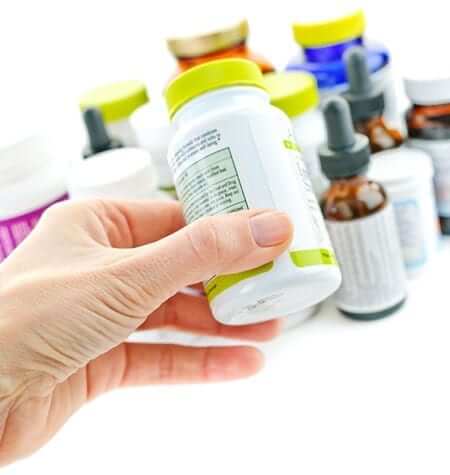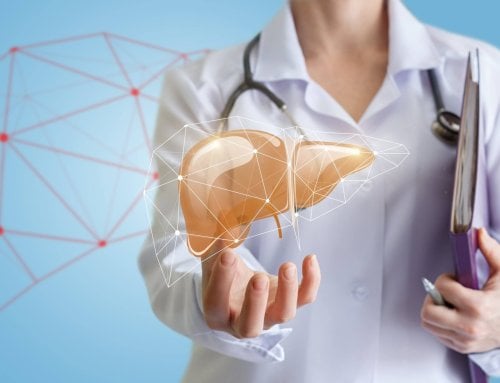Worrying about a chronic illness and its future expenses can be overwhelming especially in this economy and the fact is that worry and stress do increase your blood sugar and blood pressure. Medications become a monthly recurring charge and other outside costs never seem to stop. Some are lucky enough to have insurance coverage with drug benefits which still may require co-pays. Others do not have these plans available at all.
Things to consider:
- If you are lucky enough to live in an area that has Publix grocery stores then you should become familiar with their pharmacies. They offer certain free generic (immediate release metformin – an oral medication for type 2 diabetes that is prescribed by your physician) in any of these 3 doses – 500mg, 850mg and 1000mg tablets. You can receive a 30 day (90 tablet) supply for free. It has nothing to do with your insurance provider or the number of prescriptions you need. There is no limit to the number of refills you can receive. You do not have to fill out any forms or supply any paper work. Publix also offers a 30 day (60 tablet) supply of lisinopril – an ACE inhibitor used to treat hypertension and protect kidney function in people with type 2 diabetes; the brand name is Zestril or Prinivil. Extended release metformin is not free nor is a lisinopril in combination with HCTZ (a water pill). They offer multiple antibiotics for free as well. You can check on Publix.com to find out more of the details.
- There are also hundreds of generic medications that are available at Target, Wal-Mart or Sam’s Club for a monthly cost of $4 for a 30 day supply or $10 for a 90 day supply. You should check with your health care provider when they are writing the prescription to see if a generic version is available.
- What are generics? In the United States, approximately 8 out of 10 written prescriptions are now generic. They are simply copies of the original brand name medication. Generics have the same intended use, dosage, side effects, safety, risks and strengths. Generic names are not capitalized but brand names are; Glucophage is the brand name and metformin is the generic. The FDA requires that the exact same standards be utilized for brand names and generics. Many times the brand name producer also makes the generic drug. Generics are cheaper because they do not require the huge expense of development and marketing the medication. This reduces the cost of research and future promotion. Generic forms of medications can be produced when the original manufacturer loses its patent which is in place for 20 years (a patent is given to the company that created the original drug). The generic version will look different in shape, color, size and may even taste different from the inactive ingredients. The active medical ingredients must be prepared exactly the same and offer the same benefits.
- If these points do not help you and your medication needs, also check to see if you qualify for aid from Partnership for Prescription Assistance at www.pparx.org. It includes more than 2500 prescription medicines and 475 patient assistance programs.
Finding ways to take care of yourself and your diabetes without breaking the bank is exactly what you want to do in this time of dramatic change in medicine. That may help leave some left over funds for you to enjoy a relaxing experience!
NOTE: Consult your Doctor first to make sure my recommendations fit your special health needs.













Leave A Comment